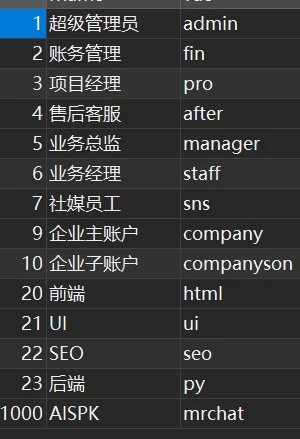



Sodium Chlorate (NaClO3) - Properties, Uses, and Safety
Sodium chlorate (NaClO3) is an inorganic compound that has garnered considerable attention in various fields due to its unique properties and applications. As a white crystalline solid, it possesses a high level of solubility in water, making it a versatile compound used in numerous industrial and agricultural processes.
One of the primary uses of sodium chlorate is as a herbicide. Farmers and agricultural professionals utilize it to control unwanted vegetation, particularly in crops and non-crop areas. Its effectiveness lies in its ability to disrupt the photosynthesis process in plants, leading to their eventual death. This characteristic is particularly useful in managing perennial weeds and invasive species that can threaten native flora and agricultural yields.
.
Sodium chlorate also plays a role in the production of explosives. In pyrotechnics and explosives manufacturing, it serves as an oxidizing agent. This property allows it to enhance the combustion of other materials, contributing to the effectiveness of the final product. However, it is crucial to handle sodium chlorate with care, as it can be hazardous under certain conditions, particularly when mixed with combustible materials.
sodium chlorate naclo3

Despite its benefits, sodium chlorate poses environmental and health risks if not managed properly. Exposure to sodium chlorate can lead to respiratory problems, skin irritation, and other health issues. Moreover, its use in agriculture raises concerns about water contamination and the potential impact on non-target species. Hence, regulatory measures and guidelines are essential to ensure that sodium chlorate is applied safely and effectively, minimizing any adverse effects on human health and the environment.
In addition to these applications, research is ongoing to explore further potential uses of sodium chlorate in different fields. The development of more efficient and environmentally friendly methods for its application can enhance its utility without compromising safety. Additionally, researchers are investigating the compound's role in producing advanced materials and its potential as a renewable energy source.
In conclusion, sodium chlorate is a versatile compound with significant industrial, agricultural, and commercial applications. While it offers various benefits, responsible handling and usage are imperative to mitigate its environmental and health risks. As research continues to uncover new applications and improve safety measures, sodium chlorate may further establish itself as an essential compound in numerous sectors. Balancing its advantages with regard for safety and environmental impact is crucial for sustainable use in the future.
-
Why Strontium Carbonate Still MattersNewsJun.06,2025
-
Why BaSO4 MattersNewsJun.06,2025
-
Why Barium Carbonate Still MattersNewsJun.06,2025
-
Strontium Hydroxide: A Versatile Compound for Modern ApplicationsNewsJun.06,2025
-
Strontium Chloride in Daily IndustryNewsJun.06,2025
-
Pure Potassium Nitrate for SaleNewsJun.06,2025
-
What Is Sodium Bisulfate Used For?NewsMay.15,2025










